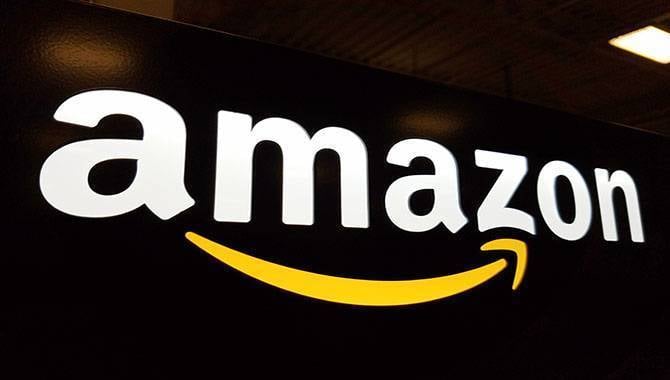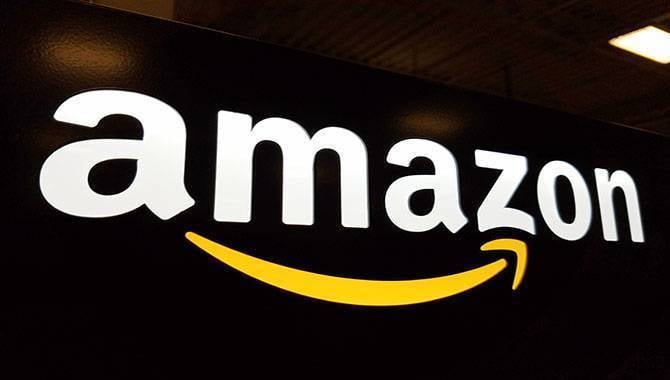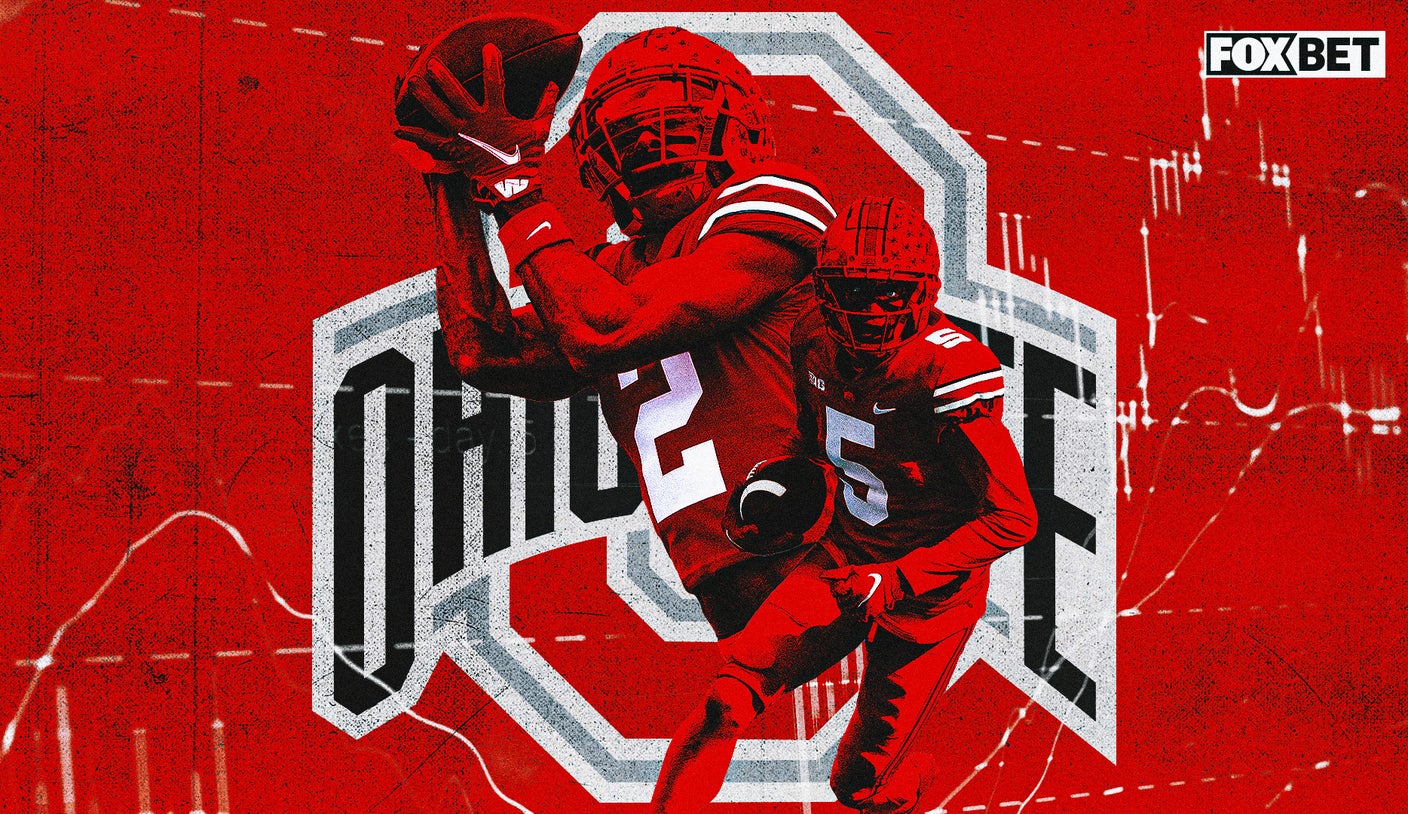
The setup was a little different to the standard Sky Sports or BT Sport offering in the UK, with different kick-off times and the crucial variation that every single match of the gameweek is broadcast.
With these differences making a notable impression on fans, does this provide a new opportunity for sports betting companies, or is it simply re-skinning a cat?
Increased sponsorship exposure
Despite plenty of criticism (some justified, some unjustified), gambling sponsorship in football shows no sign of slowing down – and more games on Amazon Prime may well increase the exposure that sponsorship leads to.
At present, it’s unclear how many games Amazon Prime will host beyond the end of the current Premier League domestic TV deal, which runs from this season to the end of 2021/22. But, taking this week in isolation, a gambling brand that has partnered with Bournemouth or Aston Villa has suddenly benefited from extra coverage, whereas its midweek game would normally not be televised.
With all 10 matches shown on Amazon Prime in a given gameweek, this eliminates the element of chance and instead guarantees a sponsoring company match coverage.
That said, this only really applies to the UK market – as a greater number of games are broadcast in foreign countries. Naturally, plenty of Premier League sponsors target Asian markets, so this added benefit applies more for operators looking inward.
More opportunity to drive in-play action
Perhaps the most crucial benefit here is something sports betting suppliers and traders can take advantage of: an opportunity to drive a greater amount of live wagering.
With more games shown, there is potentially an opportunity for greater player involvement. The gambler who wants to watch the match they bet on will now no longer be restricted to one or two midweek games.
Would a player be more tempted to place an accumulator if they can check in on every game it involves, flicking through each one?
Many affiliates and operators prioritise live and televised matches within their website orders and with offers such as “Bet & Get,” where you can place a wager in one televised match and win an in-play wager in another. Amazon Prime’s setup works perfectly with that.
Midweek revenue boost for operators
To make it easier for Amazon Prime to show every game, the streaming service has spread this week’s action across three different days. It will be an intriguing water test to see if UK operators notice any different betting patterns during the first week of Amazon Prime’s coverage.
With Tuesday, Wednesday and Thursday all boasting televised matches – and different kick-off times creating two layers of matches within each evening – could this provide a midweek revenue boost comparable to that of the sporting weekend?
Amazon Prime won’t be able to show too many games
Of course, it may be the case that Amazon Prime’s variations add something to the viewer experience without actually changing the betting environment all that much.
Due to the legal inability to show 3pm games on a Saturday within the UK, Amazon Prime’s model of showing all 10 Premier League games in a gameweek is restricted purely to midweek matches. Thanks to European competition and a busy schedule for Premier League clubs already, such midweek rounds may be at a premium.
Even if sports betting companies see a revenue boost then, this may only materialise a handful of times a year if Amazon Prime pursues its Premier League model.
What if more coverage doesn’t mean more revenue?
Naturally, to assume a player will bet more because they watch more is just that – an assumption. A player who includes Manchester City, Real Madrid and Paris Saint-Germain in their weekend accumulator might not watch any of the games involved in that wager.
If Crystal Palace v Bournemouth is shown on Amazon Prime, it might drive more betting revenue for that individual game.
But if Sky Sports only televised Manchester United v Tottenham and no other games in a given week, that one match alone might generate more overall revenue than several “smaller” games combined, due to its prestige and the attention it generates.
Increased sponsorship costs
While Amazon Prime’s offering may provide more exposure for a betting operator partnered with Norwich or Newcastle, Premier League clubs can use this as a tangible reason to raise the cost of sponsorships.
If Amazon Prime (maybe more in the future: Netflix or even YouTube?) throws its hats into the mix on a regular basis to compete with Sky and BT, TV money will increase. With overall fees up, betting companies couldn’t expect to pay the same for a product which carries greater value.
Any benefits, therefore, will come at a price.



